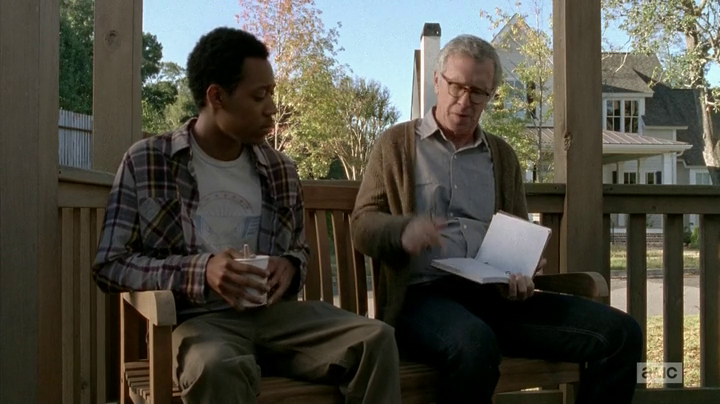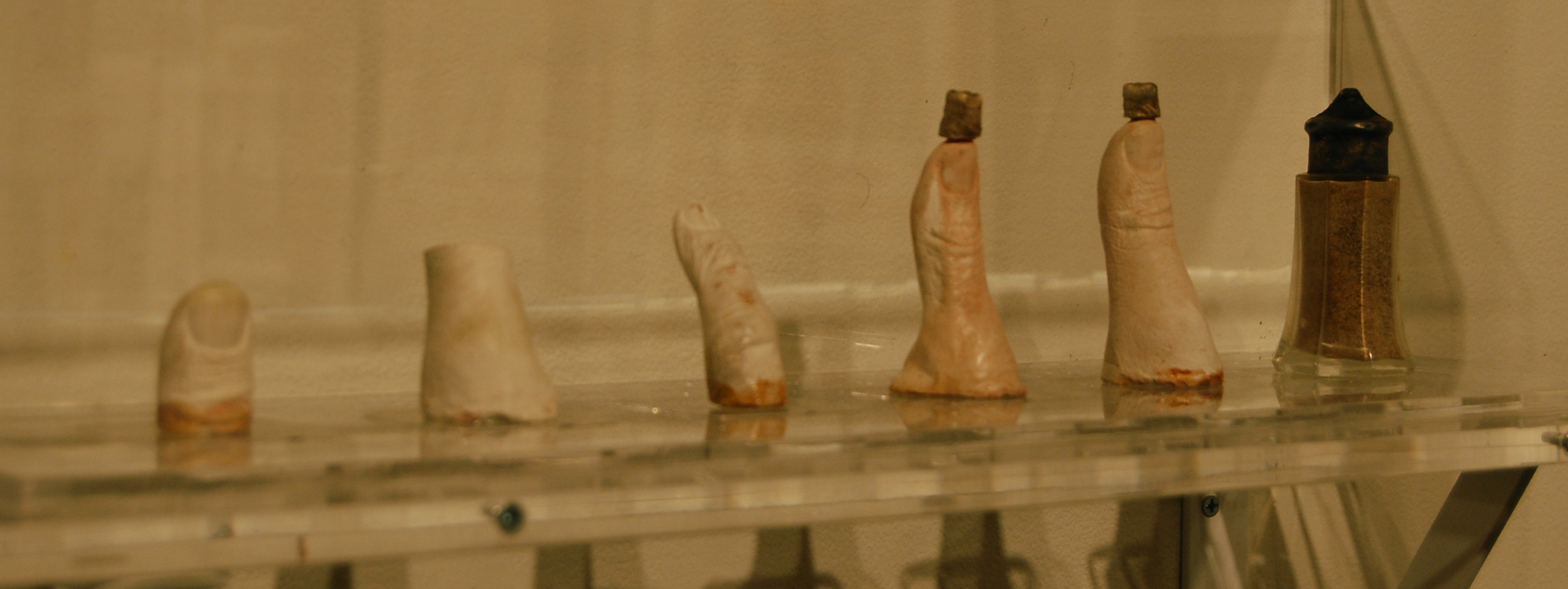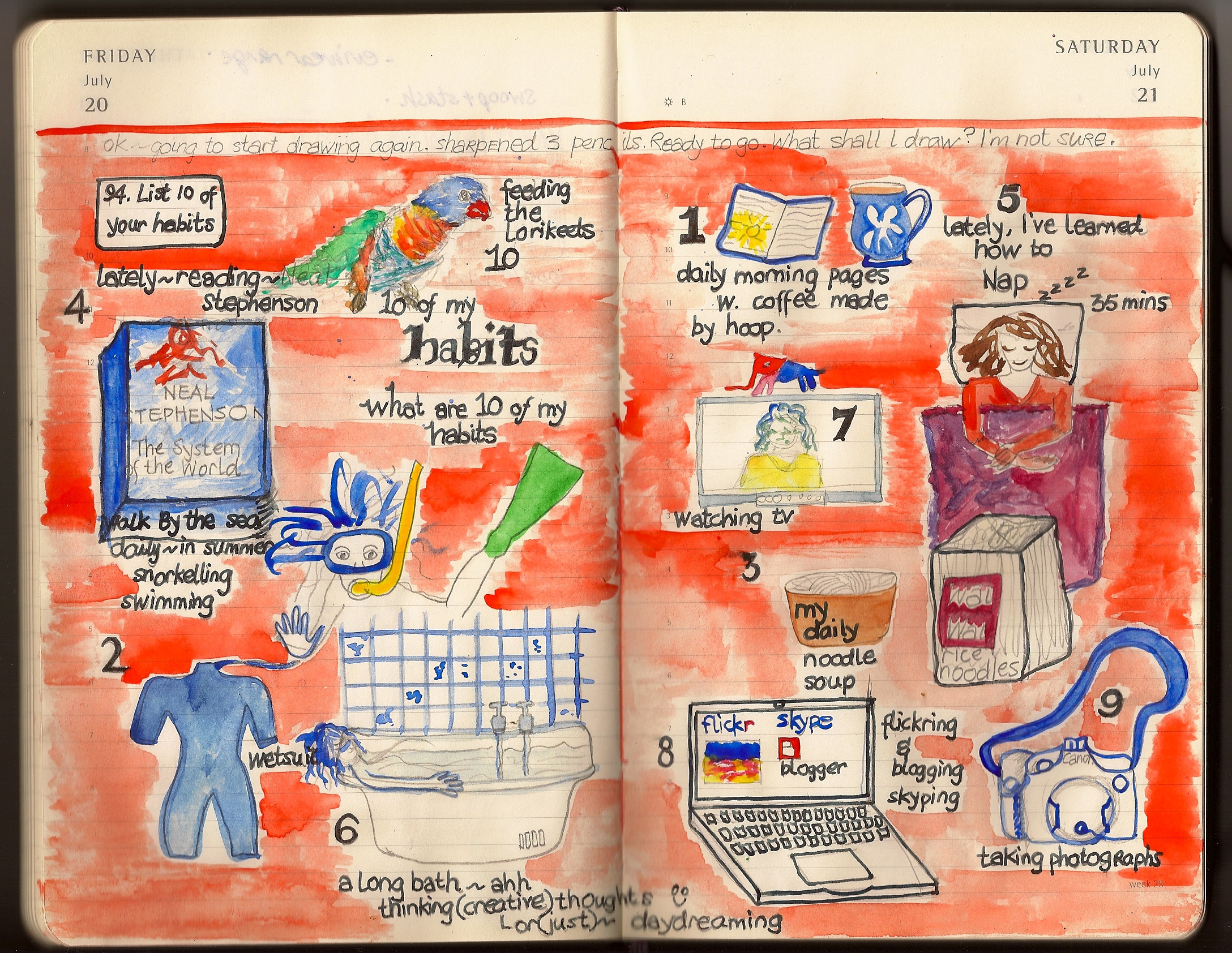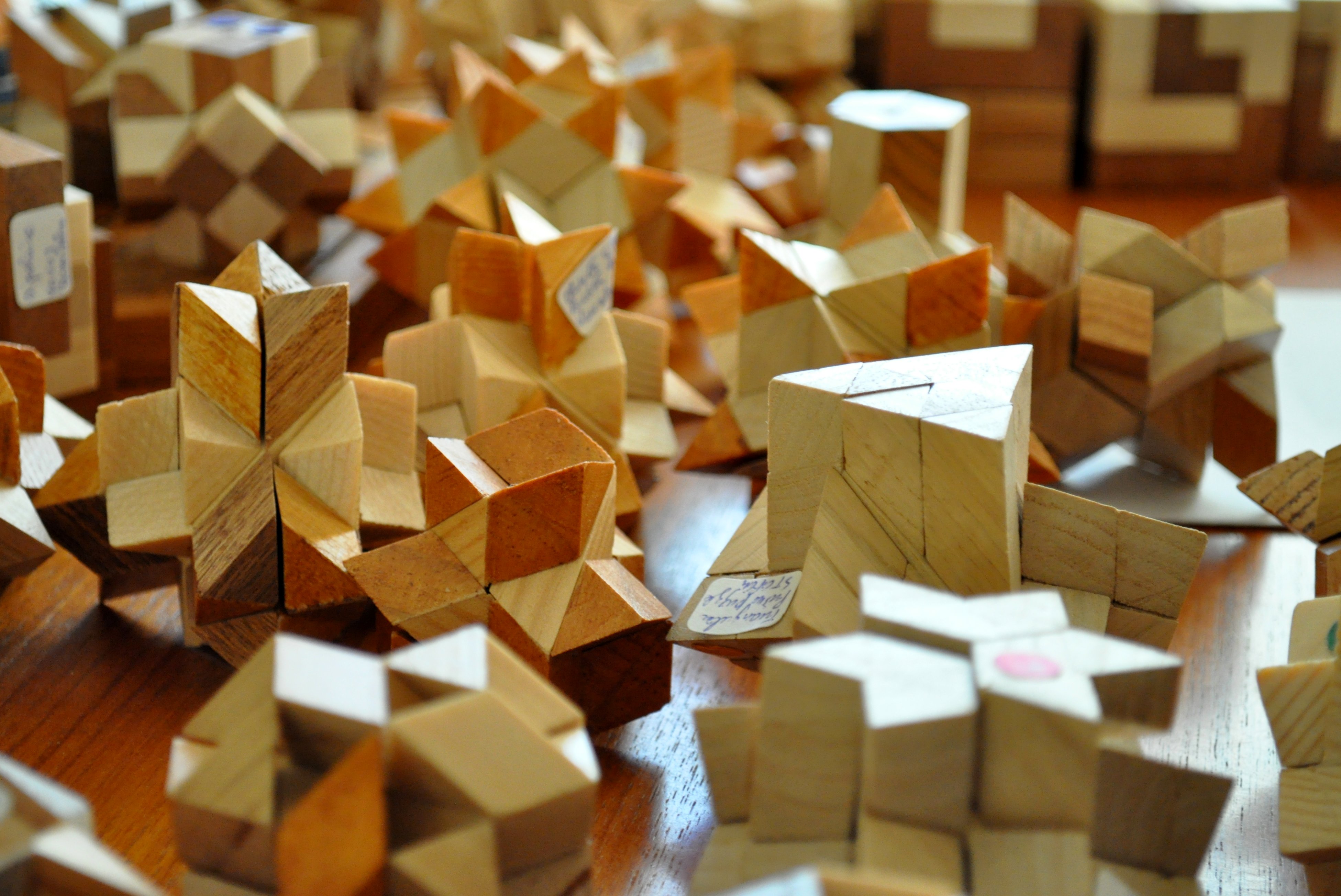
Our areas of work are siloed due to limited resources and time, the huge scope of our global mandate, the high level of specialization required, and internal politics. Collaboration and learning as a team (beyond the unit level) requires leadership and concerted effort. It is hard to sustain over time. Yet, to collaborate we build, sustain and renew many individual relationships based on trust and need.








